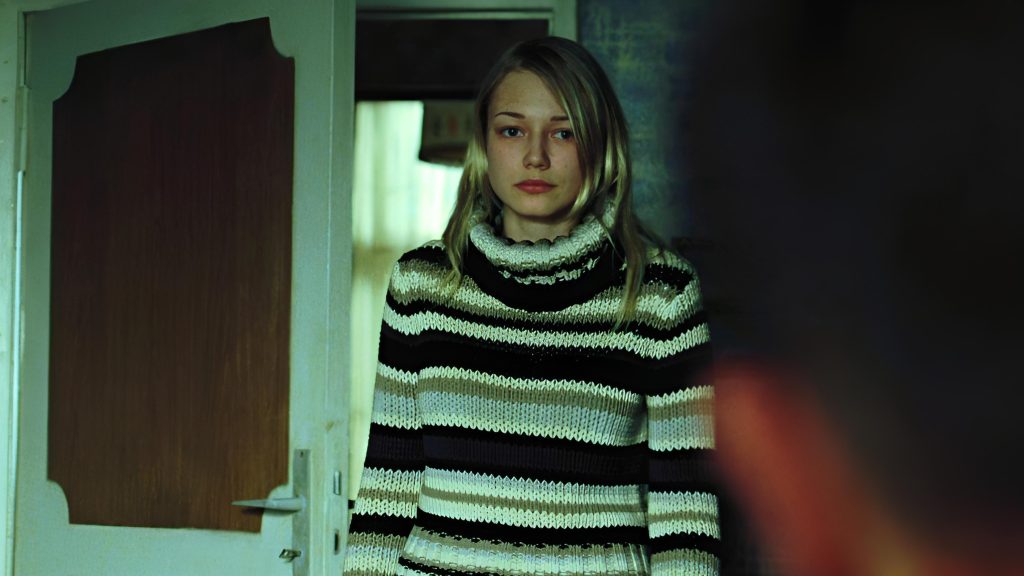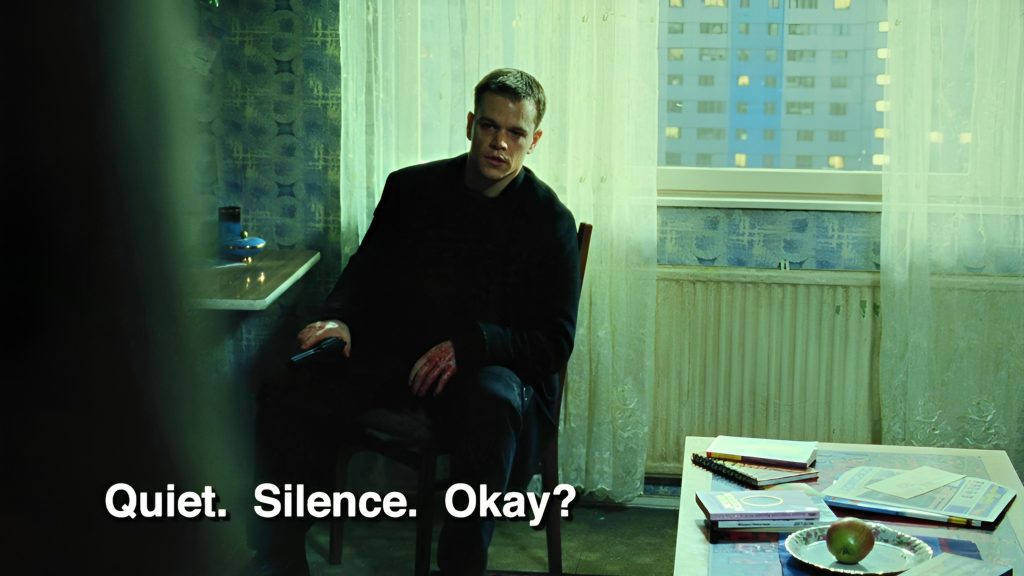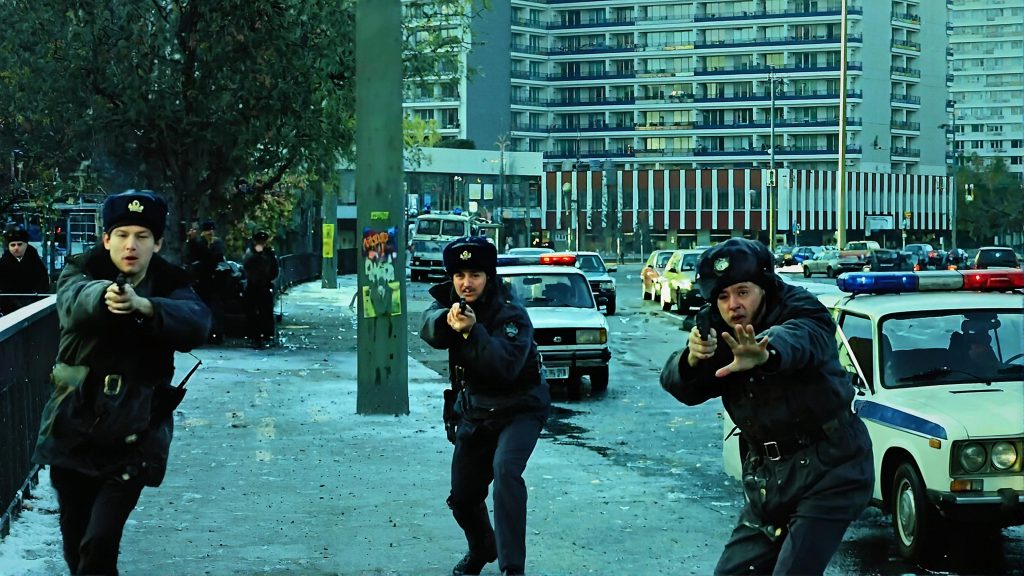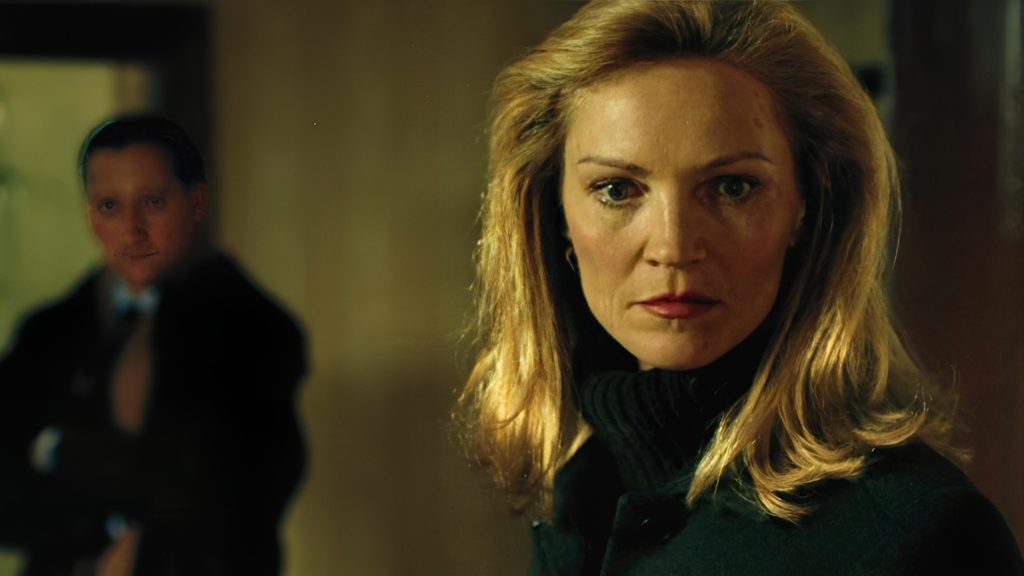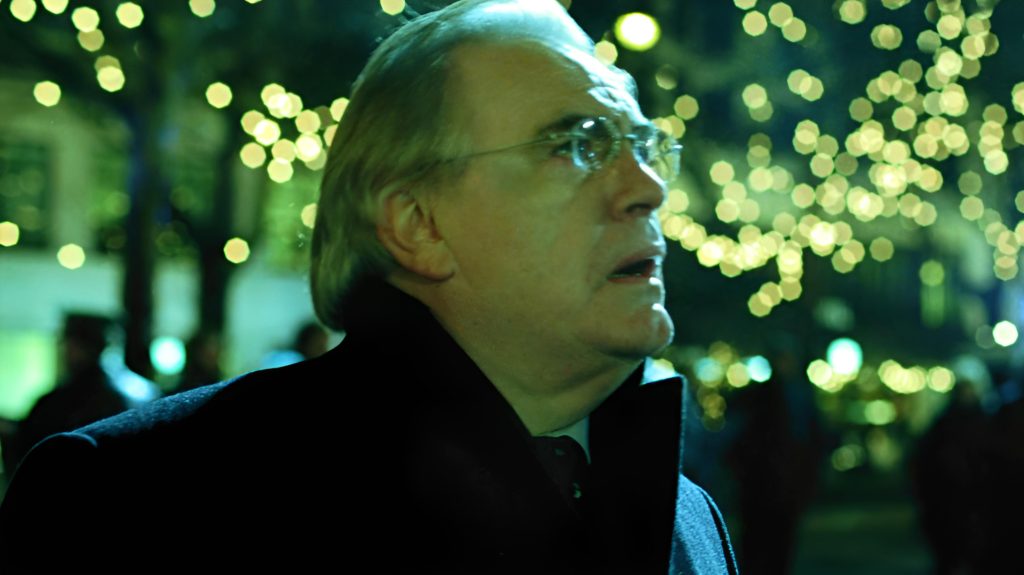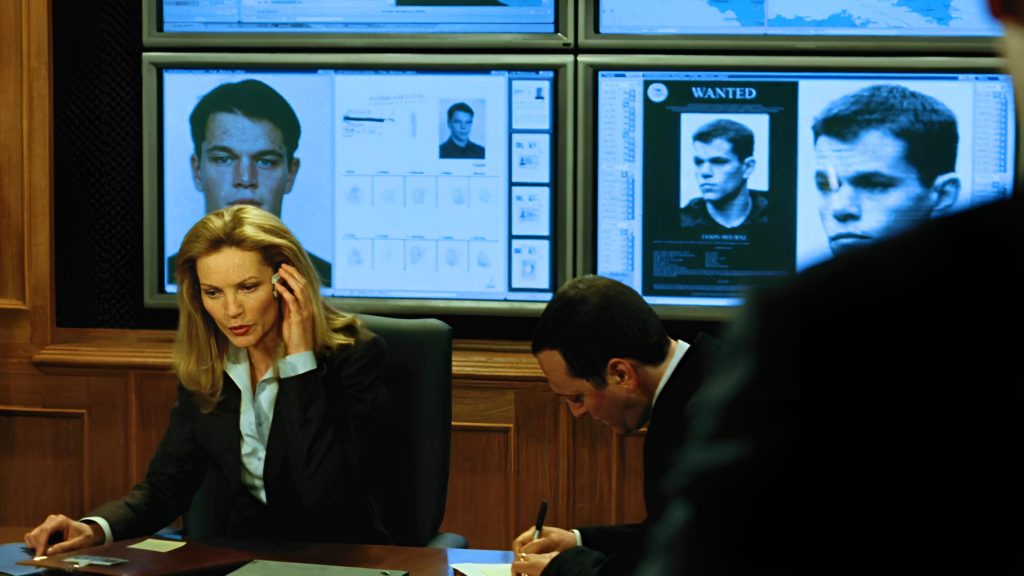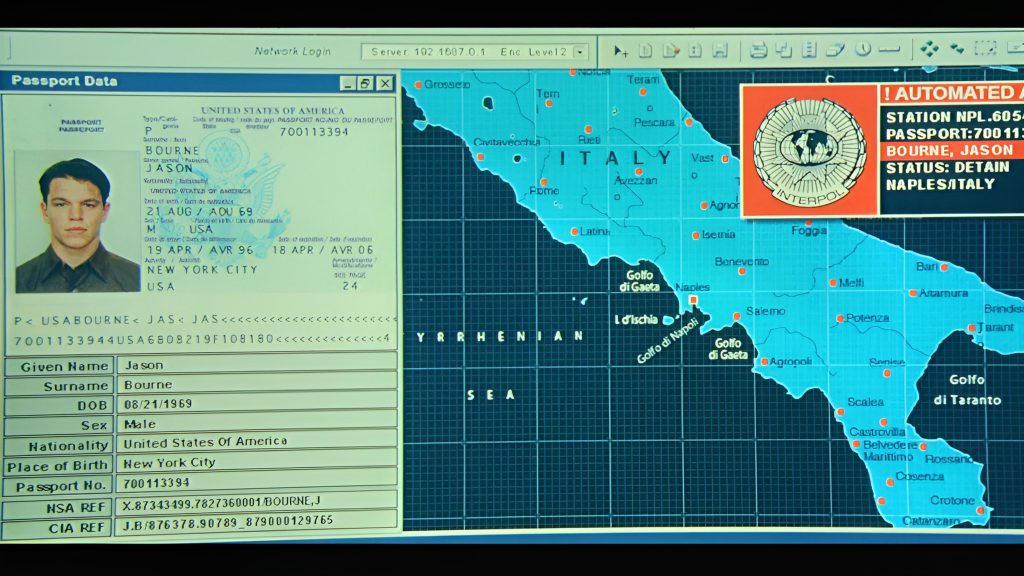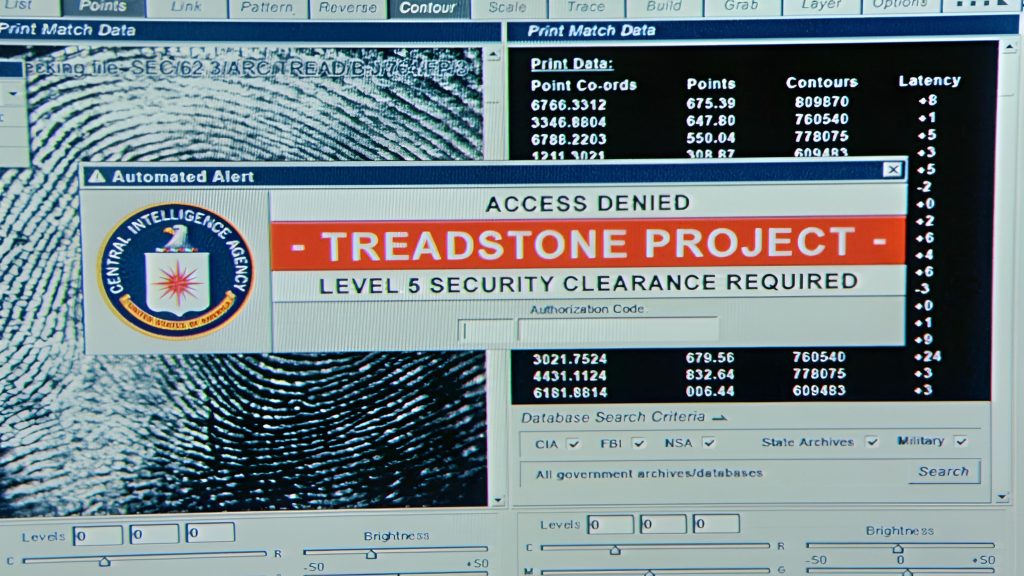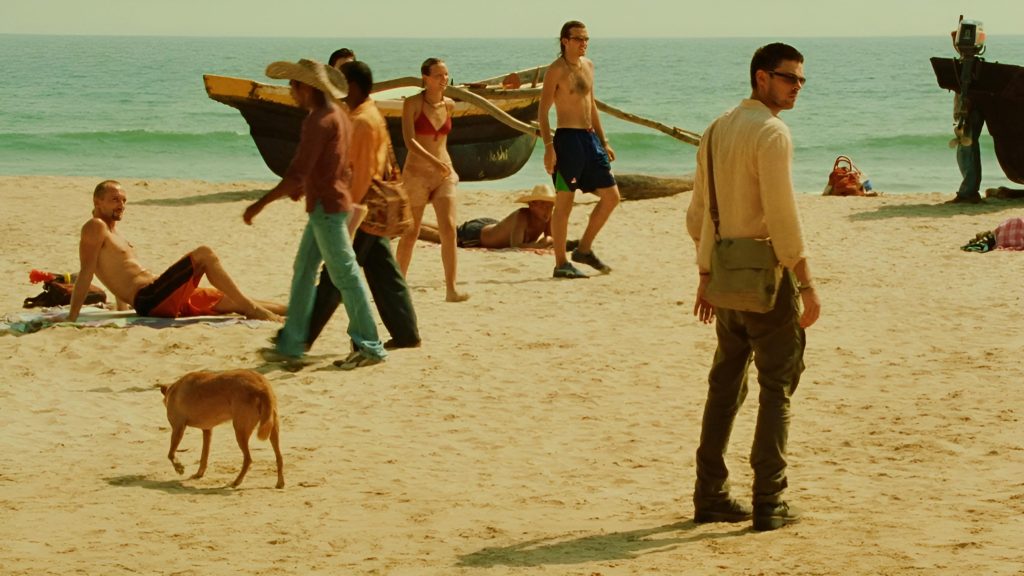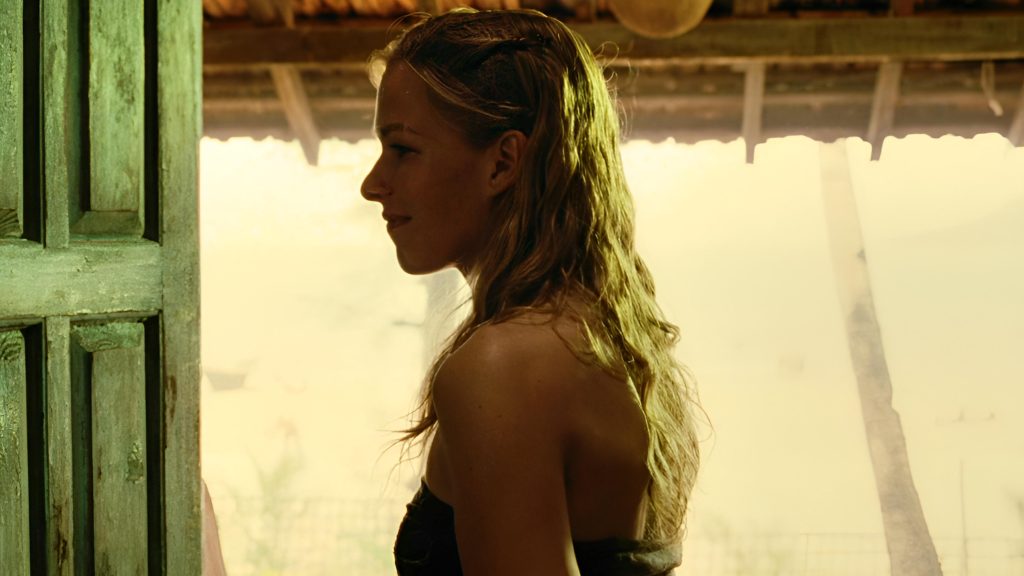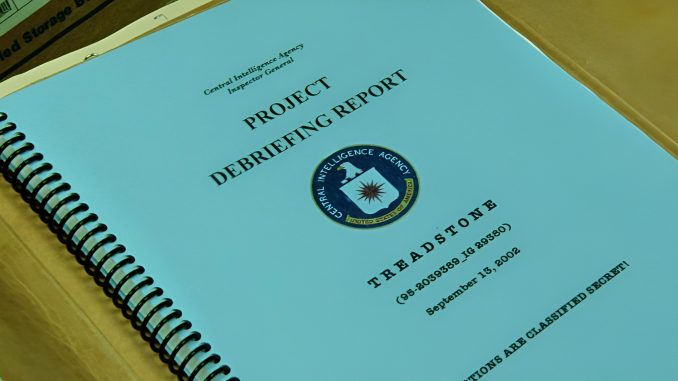
Bourne Again
The Bourne Supremacy (2004): 7 out of 10: In The Bourne Supremacy we find ourselves ricocheting across Europe, from the misty alleyways of Berlin to the sun-scorched landscapes of Goa, all under the watchful eye of a camera that seems permanently caffeinated. Director Paul Greengrass steps into the franchise with a handheld urgency that would go on to define shaky-cam action for better or worse. (Really depending on your tolerance for seasickness.) Either way, the film’s pace is relentless, its tone grim, and its worldview thoroughly cynical.
Matt Damon returns as Jason Bourne, the amnesiac superspy with a moral compass perpetually stuck between regret and self-preservation. He’s not here to flirt or banter or save kittens from trees; Bourne wants to be left alone, but the world, particularly the clandestine corners of it, has other plans. When a botched mission and a ruthless adversary (A young skinny Karl Urban) drag him back into the game, Bourne is forced to dust off his lethal skill set and revisit the breadcrumbs of his murky past. Julia Stiles pops up again as Nicky, staring off into space.
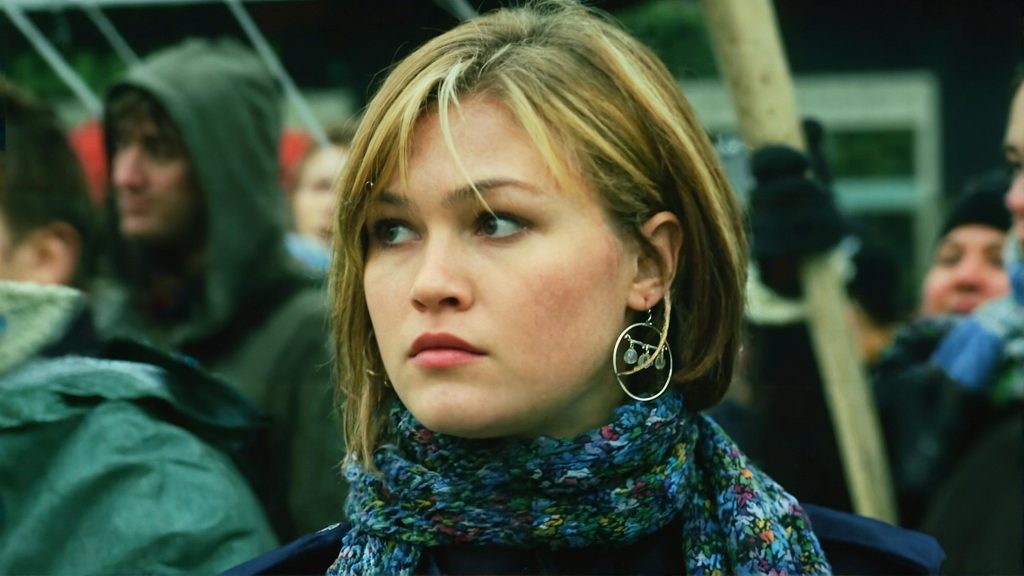
At its core, The Bourne Supremacy is about the burdens of memory and the price of agency. How knowing who you are isn’t always the comfort it’s cracked up to be, especially when that knowledge comes with a body count. It’s a film that never stops moving, never pauses to catch its breath, and yet somehow still finds room to be contemplative. Bourne may run, but he’s also moping. Thankfully, not too much.
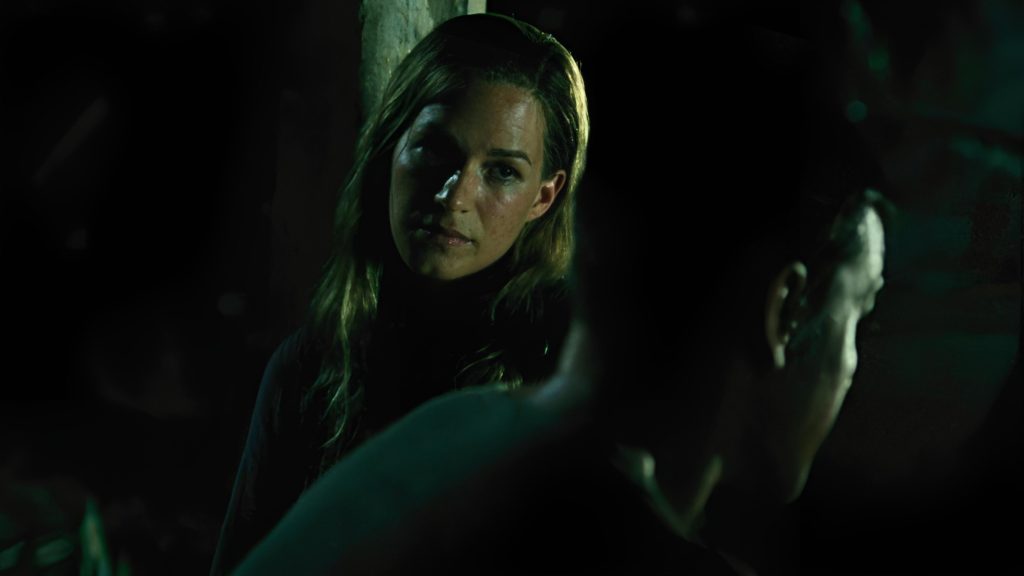
The Good
The Good: Jason Bourne is back, and he’s not just surviving, he’s thriving. When we meet him, he and Marie are living the quiet life in Goa, India. He’s journaling his nightmares, she’s buying fruit in open markets, and for a brief, shining moment, you almost believe they’ve escaped the spy-industrial complex. Of course, if you’ve ever seen a movie before, you know her life expectancy is roughly that of a John Wick puppy.
Director Paul Greengrass takes the reins and immediately starts making everything look like it was shot by a documentary crew hiding behind a ficus. Fortunately, it works… mostly. The handheld chaos gives the film a raw, immediate energy that suits Bourne’s perpetual state of “Oh God, not this again.”

The location work is once again fantastic. From Goa to Berlin to Moscow, the cities feel grimy and real, the kind of places where coffee tastes like burnt regret and everyone has at least two aliases. It’s a travelogue for people who hate airports and trust no one.
And let’s give the film credit: it continues to treat its audience like adults. The conversations are curt, professional, and sometimes even subtle. It is a shocking departure from the “quippy spy” model Hollywood’s been trying to kill us with since 1962. You half expect Jason Bourne to hand in a PowerPoint presentation on operational integrity before killing a man with a rolled-up magazine.

The Bad
The Bad: Let’s address the elephant in the editing bay: shaky cam. Yes, it was groundbreaking in 2004. Yes, it gives the action a gritty immediacy. But after twenty years of imitators, it’s hard not to feel a little seasick. The Bourne Identity danced on the edge of chaos; Supremacy occasionally belly-flops into it. I didn’t hate it, but my inner ear filed a complaint.
Then there’s the pacing. For a film that begins with such confident storytelling, the engine starts to sputter about two-thirds in. The central mystery, who framed Bourne, gets resolved with a third of the movie still to go, and what’s left is basically Jason apologizing to people he’s accidentally orphaned. Noble, sure. Riveting? Not exactly.

Still, even when it drags, Supremacy never insults your intelligence. You just wish it had a bit more fun wallowing in its moral ambiguity before heading into its third-act nap.
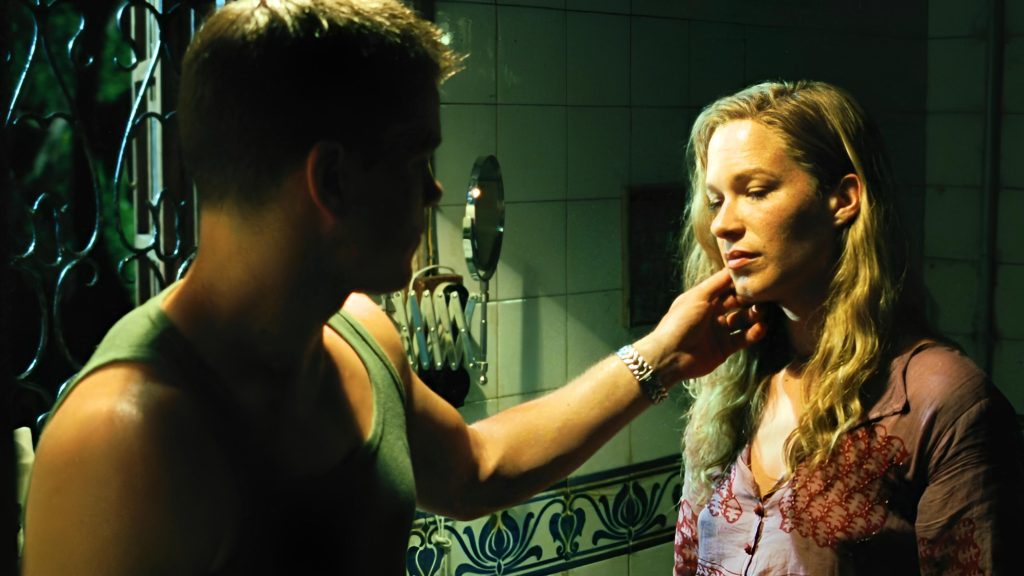
The Ugly
Ah yes, the big emotional climax, our remorseful superspy telling the pretty Russian woman that, surprise, he’s the guy who murdered her parents. It’s supposed to be soul-searching and redemptive, but it lands more like a deleted scene from a Hallmark movie starring Dean Cain as a man with a past or maybe one of those Mary Higgins Clark made in Canada for TV mysteries. You can see the intent, but it is remarkably tone death. (The fact that Bourne kills dozens of innocent Moscow motorists to get to his atonement does not make it any better.)
The issue isn’t the direction or the acting. The issue is structural. Alas the story peaks too soon. When the end finally arrives, you don’t feel cleansed; you feel jet-lagged.
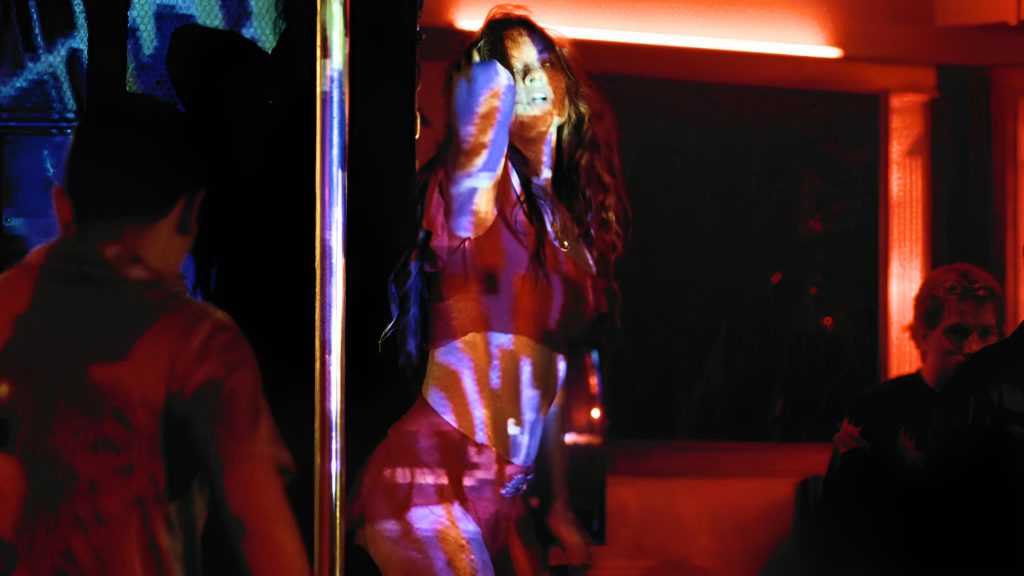
The result is a movie that never quite sticks the landing. It’s still miles ahead of most genre fare, but compared to its predecessor, Supremacy feels a little like the hangover after the party.

In Conclusion
In Conclusion: The Bourne Supremacy is a solid, sometimes brilliant entry in the franchise. A grounded adult spy thriller that values competence over quips. It’s just not as fresh as The Bourne Identity, nor as cleanly structured. Yet in the broader context of the series, especially when viewed alongside its sequels and tangential spin-off (The Bourne Legacy), it slots neatly into the mythos.
Shaky camera work and a sagging third act aside, it remains a reminder of when spy films still tried to look real and act smart. And really, in an age of exploding gadgets and CGI henchmen, that’s no small accomplishment.
